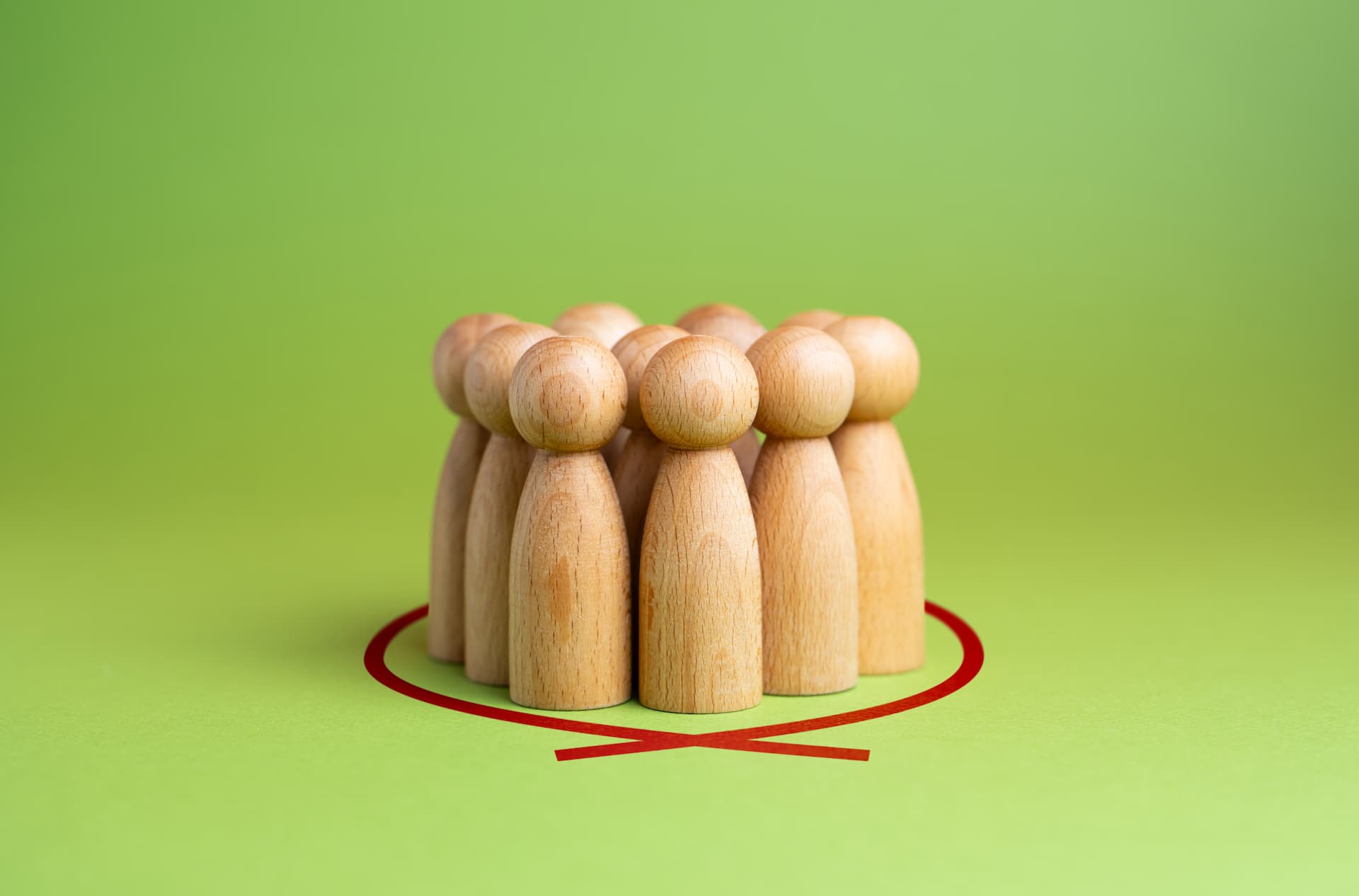My favorite definition of leadership is: The use of power and influence to direct others to goal achievement.
One thing that I like about this definition is that it isolates the foundational thing leaders need to have to be effective: power and influence.
But, the tricky part of effective leadership is that there different types of power and influence.
To demonstrate, consider two of the most influential people in the 20th century: Adolf Hitler and Martin Luther King, Jr.

Both were able to use power and influence to direct millions of others to goal achievement. But, I don’t think any of us would value their leadership in the same way. While they were both incredibly influential leaders, one had a net negative effect, while the other had a net positive effect.
What sets them apart is the type of power they used to influence others.
Adolf Hitler used what is called organizational power, meaning he leveraged the power of his position to influence others. There are three primary forms of organizational power:

Authoritative power – leveraging power of position (e.g., parent says, “Because I said so, that’s why”)
Reward power – Using rewards to direct the behavior of others
Coercive power – Using punishments to direct the behaviors of others
When a leader primarily relies upon organizational power, people follow them, not because they want to, but because they feel like they have to. And while this form of power surely is powerful and often results in immediate reactions, it always has net negative effects in the long run.
Martin Luther King, Jr., on the other hand, relied upon personal power. There are two primary forms of personal power:

-
Expert power – One possesses knowledge, skills, and/or expertise that others depend upon
-
Referent power – One is someone that others admire and want to follow because of who they are
When leader primarily relies upon personal power, people follow them because they want to, not because they feel like they have to. Compared to organizational power, this form of power generally doesn’t garner the same immediate reactions, but it almost always has net positive effects in the long run.
When we consider Martin Luther King, Jr., he did not possess any organization power, but because of who he was and the purpose that he had, others followed him because they wanted to.
Now Consider…
Who would you rather follow, someone who relies primarily upon organizational power, or someone who relies primarily upon personal power?
It seems clear, someone who relies primarily upon personal power, right?
Now, here is the zinger question: which for of power to most organizational leaders rely upon?
Organizational power, right?
Why is this?
It is because organizational power is relatively easy to gain (all one has to do is get promoted into a formal leadership position), and it is rather easy to wield. It really doesn’t require anything of us personally.
Personal power, on the other hand, is more difficult to obtain, harder to use, and requires something of us.
What is required of us is becoming someone others want to follow, developing and improving ourselves such that we become someone that others admire and want to follow, not because of the position we hold, but because of the person we are.

Your Challenges
Consider: what form of power do you primarily rely upon in your leadership?
I challenge you to ask your subordinates this question and see what kind of feedback you get.
Also, I challenge you to identify something you can work on to improve who you are as a person.
If you can’t think of anything:
-
Check out my free e-book: Becoming an Effective Leader: What you Need to HAVE, BE, KNOW, and DO,
-
See any of the articles below,
-
Or, wait until next week’s post, which will revolve around what I think is the best way to go about improving who we are.
This article is the ninth article in a series of articles all about helping people and leaders become people of positive influence, people that others want to follow.
-
Article 1: Why Do Organizations Miss the Mark when Developing their Leaders?
-
Article 2: Becoming a More Positive Influence: Rewire Your Brain
-
Article 3: Becoming a More Positive Influence: Develop a Self-Purpose
-
Article 4: Becoming a More Positive Influence: Know How to Build Trust
-
Article 5: Becoming a More Positive Influence: Are You the Villain?
-
Article 6: Becoming a More Positive Influence: Enhance Your Emotional Intelligence
-
Article 7: Becoming a More Positive Influence: Be Intellectually Humble
-
Article 8: Becoming a More Positive Influence: Investigate and Improve Your Why










